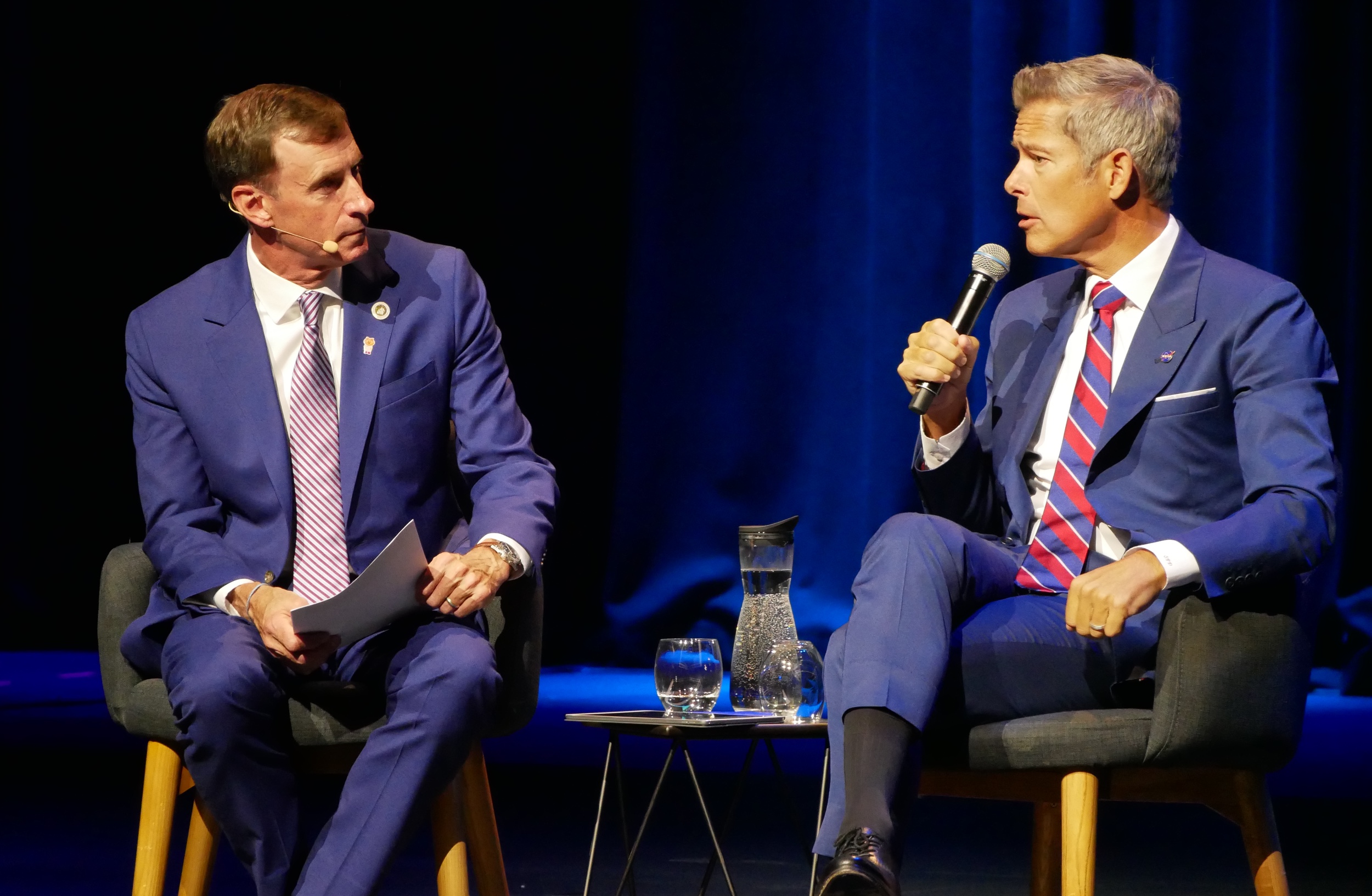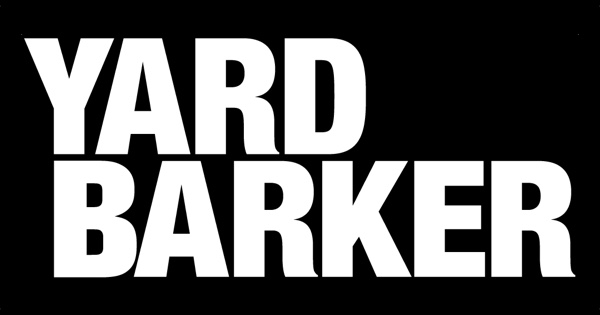
SYDNEY — As much of the global space community gathered to discuss exploration and cooperation, one theme emerged: how the rest of the world is adapting to changes in policies, budgets and leadership at NASA.
The International Astronautical Congress (IAC) held here this week was the first opportunity for many leaders of space agencies, including those closely allied with the United States, to meet with NASA’s acting administrator, Secretary of Transportation Sean Duffy, and hear how changes at the agency could affect their plans.
Leading into the conference, NASA and Duffy emphasized U.S. leadership in space, almost aggressively. “Follow along this week to see how we’re ensuring American dominance in space,” Duffy posted on social media before the start of IAC.
In an on-stage interview during the Sept. 29 opening plenary session, he expressed both a desire for American leadership in space and a willingness to cooperate with like-minded nations.
“We’ve led with our dollars. We’ve invested a lot of money in space. We’ve invested in technology,” he said. “But it’s critically important that we lead with a vision.”
“We should be transparent and we should come in peace,” he added. “Those who have bought into that model and that idea, we’re willing to partner with.”
“Not everyone shares that vision. Some people have a different viewpoint,” he said, not naming specific countries. “We’ve done this in the past. We’ve always come in peace. We haven’t been in the business of taking people’s land.” That last remark raised eyebrows among many attendees.
The plenary session was Duffy’s only public appearance at IAC. He was scheduled to participate in a later press conference about a meeting of Artemis Accords signatories, but NASA instead sent Amit Kshatriya, its associate administrator. An interview SpaceNews had scheduled with Duffy during IAC was also canceled by the agency on short notice.
Those who met privately with Duffy said the discussions were cordial but general. One participant described them as more of a “get to know you” session than a substantive policy exchange.
Many space agencies have been scrambling to adjust to changes at NASA since the start of the Trump administration, including a fiscal 2026 budget proposal that would cancel many science and exploration programs with international partnerships.
Josef Aschbacher, director general of the European Space Agency, followed Duffy in the plenary. He emphasized both growing European independence in space and stronger partnerships with agencies beyond NASA.
“Autonomy and more independence in terms of strategic developments is certainly an important aspect, but that doesn’t exclude international cooperation,” he said. He highlighted ESA’s increasing ties with Japan, India, Canada and the United Arab Emirates, in addition to longstanding NASA cooperation.
“We need to build up strength. We need to build up technologies. We need to build up assets that we have in order to be a good partner at the cooperation and partnership table, to offer something and get something in return,” he said.
Lisa Campbell, president of the Canadian Space Agency, noted Canada’s role in Artemis 2 but also pointed to broader ties.
“But we are also taking advantage of the fact that space is growing to diversify our partnerships,” she said, citing work with ESA, Japan and others. “We want to be that trusted partner that everyone wants to work with.”
An executive with an Asia-Pacific space company said agencies in the region that might ordinarily seek to partner with NASA are now exploring alternatives given the “uncertain status” of U.S. programs. Japan, they noted, has stepped in as a more stable partner and as a bridge to Europe and the Middle East.
Australia, host of this year’s IAC, also sought to expand its role. At the conference, the country signed a framework agreement with the United States to deepen cooperation in space and aeronautics.
“This agreement charts new pathways for Australia’s space sector to engage with major U.S. space programs, opening doors for new opportunities for governments, businesses and researchers to collaborate on joint projects,” said Enrico Palermo, head of the Australian Space Agency, at the plenary.
At the same time, the Australian government announced it would begin negotiations with ESA on a cooperative agreement. That could allow Australian companies and organizations to participate directly in ESA programs, giving Australia a status similar to Canada’s within the agency.
“This is the next chapter in a half-century-old story of partnership,” Palermo said of the ESA agreement.



